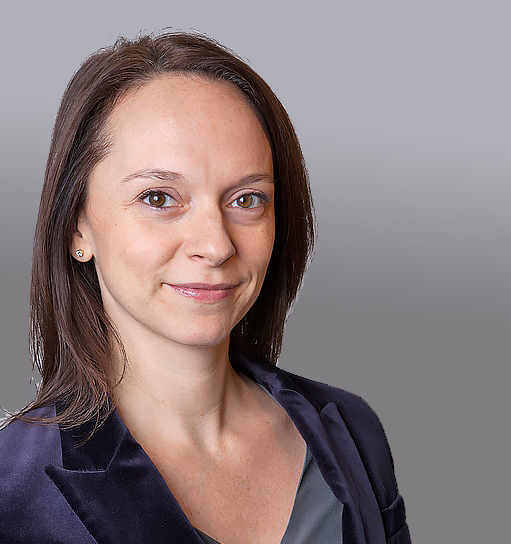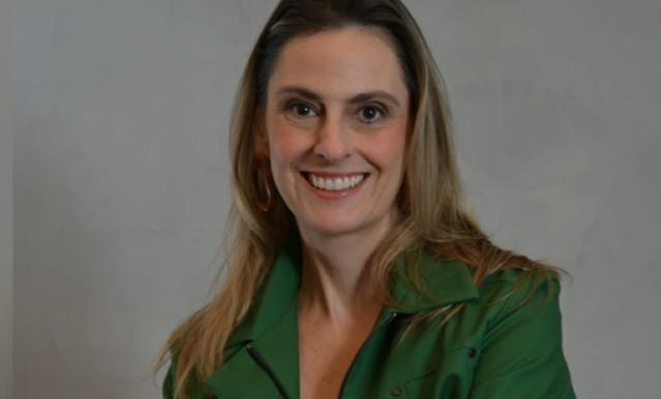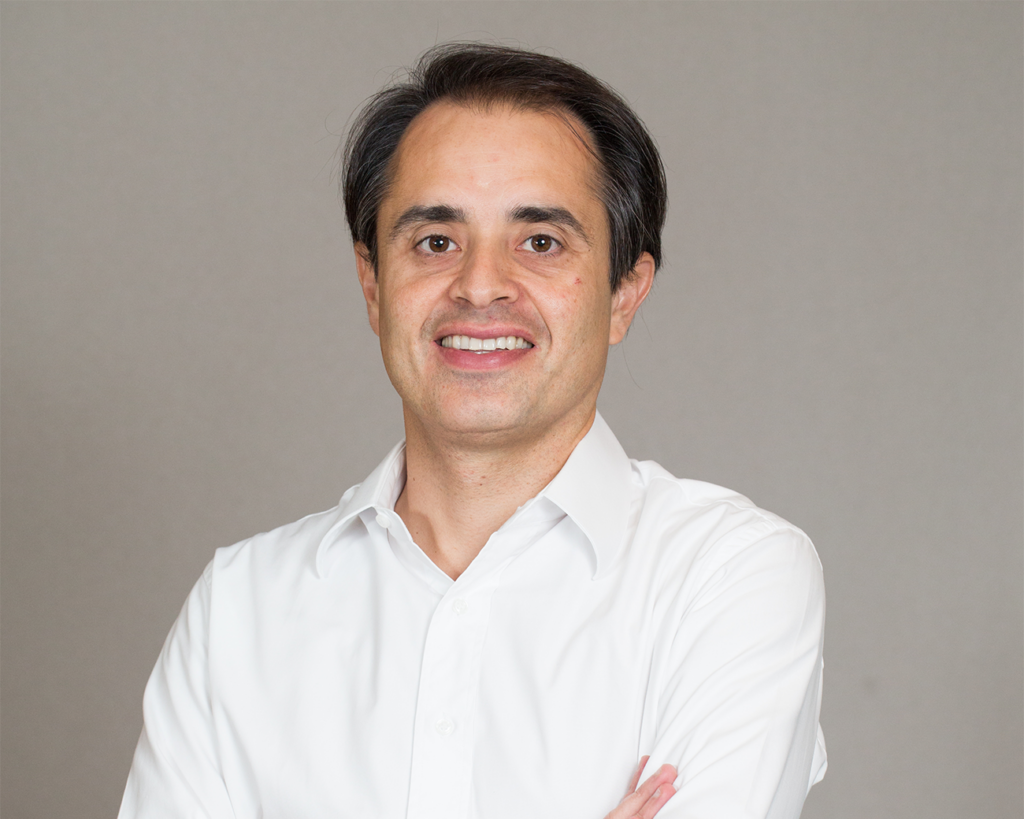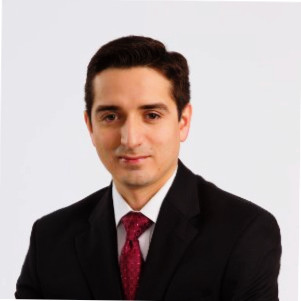LP Profiles, Member Profiles
Jennifer McLeod Petrini, Sr. Investment Officer, Regional Lead for PE Fund Investments in Latin America, IFC
28 July 2016

LAVCA spoke with Jennifer McLeod Petrini, Senior Investment Officer, Regional Lead for PE Fund Investments in Latin America at the International Finance Corporation (IFC), about building relationships with fund managers in Latin America with a view toward fund performance and strong development impact.
LAVCA: Please give some background on the IFC and its mission. What are your assets under management? How has the IFC’s mandate evolved since we last profiled you in 2012?
McLeod Petrini: The International Finance Corporation, or IFC, is the private sector investment arm of the World Bank Group, and the largest global development finance institution focused exclusively on the private sector. Our mandate is to promote development outcomes across the emerging markets by leveraging our capital and expertise, while also delivering financial returns that are crucial to IFC’s sustainability. IFC has been investing in private equity funds in emerging markets since the 1980s and began investing in Latin American private equity funds in the 1990s. This business is a small portion of what IFC does overall, but funds play an important role in IFC’s mandate. In particular, by backing funds which invest in local private companies, IFC is supporting small and mid-market businesses which can be critical engines of growth for economies. Successful fund managers deliver strong financial returns, promote the development of local private financing markets, and serve as valuable local partners for IFC to extend its reach in the emerging markets. As of year-end 2015, IFC’s aggregate commitments to funds totaled $5.4 billion to approximately 280 funds, of which Latin America accounted for $630 million to 47 funds.
LAVCA: What is your investment criteria for Latin America, by size of fund, geography, strategy? How has this evolved over time? How does your mandate for economic development fit into your overall strategy in the region?
McLeod Petrini: Over time, IFC’s data has shown that the funds that make the most development impact (e.g., sustainable job creation, company growth) are the ones that have strong and sustainable financial performance. IFC’s core focus is the growth equity space, typically investing with middle-market funds that are above $200 million in size and backed by managers of institutional quality with proven track records investing in private companies. We are also putting more focus on venture capital funds in Latin America. Most of our funds invest across sectors, and we look for managers employing both regional and country-specific strategies. Regional funds allow the manager flexibility and often benefit from diversification, while country funds can also make sense in places like Brazil, Mexico and Colombia which have large economies that support deep deal flow. Adherence to IFC’s environmental and social policies is also an essential criteria for any fund investment.
We are also putting more focus on venture capital funds in Latin America.
LAVCA: When we spoke with the IFC four years ago, you were targeting Brazil, Mexico, the Andean region, and starting to explore some opportunities in Central America. What Latin American countries are of particular interest to you right now?
McLeod Petrini: Our target geographies have not changed. Latin America is a key region for IFC, one which continues to have strong underlying fundamentals that informed investors can take advantage of despite the varying macro challenges across markets. In particular, IFC continues to see attractive opportunities in the Pacific Alliance countries of Mexico, Colombia, Peru, and Chile. Brazil is a market where IFC backed several of the early private equity teams and has been less active recently, given the large capital inflows from institutional investors. IFC believes Brazil offers attractive fundamentals in the medium to long-term, and it is a market that we are studying cautiously, but optimistically, to reengage on a funds level. By nature, IFC is a contrarian investor, and we have made some of our greatest returns from putting capital to work during downturns. However, selectivity is key, and partnering with managers who know how to operate in challenging environments is essential. The other regions of Latin America, including Central America and the Caribbean, continue to be opportunistic for us, namely as they are smaller markets for private equity.
Latin America is a key region for IFC, one which continues to have strong underlying fundamentals that informed investors can take advantage of despite the varying macro challenges across markets.
LAVCA: Where does VC fit within your strategy? How is the early stage opportunity in Latin America unique?
McLeod Petrini: IFC has a venture capital practice that primarily makes direct investments in venture opportunities. Key sectors of focus for our direct venture business are eHealth, clean tech, consumer internet, edtech and fintech. IFC also selectively backs venture capital funds, to extend its reach in the venture ecosystem. IFC has limited historical activity with VC funds in Latin America, but we are currently taking a close look at the market. The early stage and VC market in Latin America is young, but it is benefitting from demographics and compelling opportunities that are tech-enabled and provide disruptive solutions for traditional industries. We see the most developed ecosystems in Brazil, with Mexico and Argentina a close second. We generally focus on funds that cover some or all of the sectors which are focus areas for our direct VC practice.
LAVCA: How many of your Latin American commitments are to fund managers you had previously invested in?
McLeod Petrini: Looking at our current Latin America funds portfolio, approximately one-third of our funds are with repeat managers. Ideally, we would like this number to be in the 40-50% range, which enables us to maintain a strong relationship with established local players that have been our partners in the region and also have sufficient room to support new relationships with high potential fund managers. IFC has been successful in the past in identifying successful fund managers early and supporting them as they grow into premier firms in their class, and we are always looking back on lessons learned from these successes. In addition, IFC seeks to catalyze local private equity activity, particularly in underpenetrated regions such as the Caribbean.
LAVCA: How often does the IFC look for co-investment opportunities? Why is this attractive?
McLeod Petrini: IFC’s primary business is direct investing, both debt and equity, so IFC will always consider co-investment opportunities. Co-investments can complement IFC’s direct business in multiple ways: one is by reaching companies that are too small for IFC to reach directly, a second is by allowing IFC to participate in larger transactions where the consortium forms a majority (IFC is a minority investor by mandate). We see the major advantages of co-investments as enabling IFC to work more closely with our managers, leveraging their platforms to increase IFC’s presence in its target markets, and lowering our effective fee burden. In order to take full advantage of co-investments, IFC has streamlined its internal approach, and we expect our program to become more active.
LAVCA: Based on the experience of the IFC, how is the performance of funds in Latin America? Any special considerations that make investing in LatAm attractive for a DFI?
McLeod Petrini: Latin America has generally delivered solid returns to IFC’s overall funds portfolio, which has consistently performed in the top quartile, according to the Cambridge Associates benchmark for emerging markets funds, for its growth equity and venture capital funds. Of course, as a DFI, IFC is seeking to deliver both financial returns and strong development impact from its funds portfolio, and we must see strong potential for both as we select funds for investment. Latin America continues to be a priority region given persistent inequality, low productivity, volatile commodity-based economies, and IFC’s desire to preserve the gains that were made in supporting the development of the private equity industry in the region from its early beginnings.
…as a DFI, IFC is seeking to deliver both financial returns and strong development impact from its funds portfolio, and we must see strong potential for both as we select funds for investment.
LAVCA: How do you go about finding and selecting the best fund managers? How do you evaluate first time funds or managers?
McLeod Petrini: IFC casts a wide net in order to source the best fund managers. We leverage a network of relationships across IFC’s local offices and teams working throughout the region, leverage existing fund and company relationships, attend conferences, reach out to placement agents and other market intermediaries, and have countless manager meetings through our open-door policy. IFC’s funds program for Latin America is flexible. We are under no pressure to commit a certain amount per year. Instead, we prefer to be patient, diligent, and thorough in evaluating the markets in which we are active to find the best opportunities in terms of financial and development outcomes. We invest in approximately 20-25 funds in emerging markets globally, committing approximately $500 million in aggregate each year, and Latin America may account for up to 5 funds and about $100 million. IFC has a long track record of backing first-time funds; in fact, over 50% of the funds that IFC has backed since 2000 are first-time funds. Over the years, we have learned that local presence is essential, and teams need to have skills that are reflective of their investment strategy. Not all teams have prior experience managing a fund, and in this case we would look to a verifiable track record in private investing of some form. We have learned that alignment of interests with a first-time manager is essential from the outset. For IFC this includes strong investor protections due to the high risk associated with backing first-time teams, and alignment of interests remains a critical diligence item for IFC when backing both first-time and established teams.
LAVCA: What are the characteristics of the best fund managers in Latin America? What are the biggest obstacles to finding good fund managers in the region?
McLeod Petrini: As with any other region, high potential fund managers will generally share several key characteristics: namely, a proven track record investing in and adding value to private companies; a strong local network for sourcing and assessing potential deal opportunities; a keen understanding of their targeted strategy and competitive edge; and institutional quality systems and processes. Something we have observed in Latin America is that some of the best managers are the most patient when deploying capital – which we believe stems from their experiences of living through years of volatile macro cycles. An understanding of the macro picture and the ability to pivot are additional characteristics that benefit managers. When looking for new managers, IFC also tends to prioritize how much capital has been returned to investors within reasonable hold periods. While we know this is not always easy in Latin America or in many other developing regions, we find that the best managers are those who focus on exit prospects from the time that they make an investment.
You may be interested in...
-

Luciana Antonini Ribeiro, eB Capital
Executive: Luciana Antonini Ribeiro, Co-Founder and CIO Member Name: eB Capital Year...
-

Cristiano Gioia Lauretti, Kinea Private Equity
Member: Kinea Executive: Cristiano Gioia Lauretti, Head of Private Equity HQ: São...
-

Maria Pia Iannariello, MGM Innova Capital
LAVCA recently spoke with Maria Pia Iannariello, Co-Founder & COO of MGM Innova Capital,...
-

Rafael Ramirez, Portfolio Manager, Alaska Permanent Fund Corporation
LAVCA recently spoke with Rafael Ramirez, Portfolio Manager– Private Equity &...